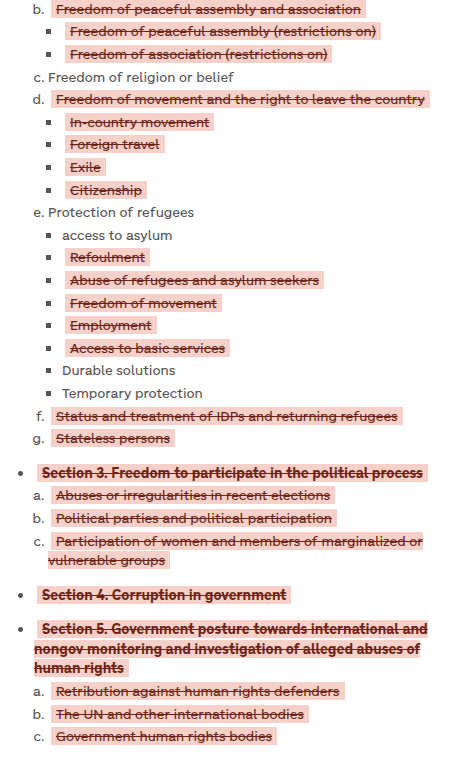As environmental responsibility and social ethics become increasingly important, a question might arise in the boardroom: does the company’s sustainability efforts materially affect the financial information on which investors rely?
Research in the International Journal of Business and Emerging Markets sets about answering that question. It does so by examining data from European firms over the course of a decade and providing empirical evidence that voluntary disclosure and strong performance in sustainability metrics improve the value relevance of financial statements.
The researchers focused on Environmental, Social, and Governance (ESG) criteria.
[…]
Ultimately, the research found, firms voluntarily reporting ESG information tended to present financial statements more aligned with market perceptions of their value.
Moreover, firms with higher ESG performance scores, indicating better sustainability practices, demonstrate even stronger correlations between their financial disclosures and market value. This suggests that sustainability efforts are not merely reputational or regulatory compliance exercises but contribute meaningfully to the transparency of financial reporting.
[…]
More information: Kyriakos Christofi et al, The impact of sustainability disclosure on financial statement value relevance: evidence from Europe, International Journal of Business and Emerging Markets (2025). DOI: 10.1504/IJBEM.2025.147883
Source: Better than greenwashing, sustainability reporting boosts financials


